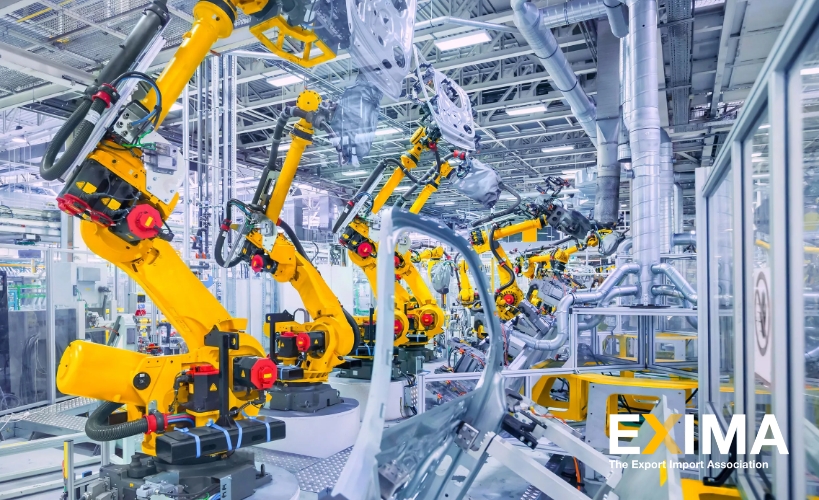Industrialization succeeded in changing the world on the premise that you could specialize on a specific task and do it to the best of your ability. In a sense, the ultimate professional was the one who could complete or automate simple or complex tasks efficiently in the shortest amount of time.

The Transition
In the past, everyone at the bottom of the production chain relied on the “brain,” the few people at the top who assembled and understood how each element fit together to make a whole. They understood how accomplished tasks could aid whoever was using the end product. With advances in technology, the job of the ordinary worker today has become a lot more complex. We now have machines and systems that, with artificial intelligence and the Internet, not only understand their tasks, but are starting to understand how different components of it relate to the greater function.
In many ways this eliminates the need for human input as we can see in the number of industrial and even services jobs that are being lost to machines. Automated systems require far less salaries, paid leave, pensions, rest, or the mental challenges that humans experience.
Tracing a Path for the Modern Employee
For today’s worker, the first task would be doing the opposite of what they were required to do at the peak of the industrial revolution and try to understand the whole system. Workers today have to take in more information about their jobs and know how they fit in with their colleagues’ jobs. They also have to be very flexible, sometimes taking on different tasks in related and unrelated fields to see how they connect or produce unexpected outcomes. They have to keep trying and learning in order for innovation to happen.
Understand the Whole to Make the Most of Your Talent
The argument has always been about who matters more: the specialist or the generalist. Maybe it lies somewhere in the middle. Even as we become experts in our fields, we must understand how things come together to enhance the jobs and daily routines of people around us.
If the machines are taking our jobs, it certainly means we have more time to spend on the things that really matter to us. Seen through a brighter lens, it gives employees the chance to take on jobs that give them the greatest fulfillment. It also gives employees time to delve deeper into the things machines can’t provide. The human element still counts for something.

A Conference of the Curious
Overall, machines are highly efficient when they have been tested and trained to complete a task. Jobs in the future will involve highly unpredictable events that will necessitate knowledge, passion, tact, and decision-making.
Stay Tuned with EXIMA
Found this article informative? Check out our Media Page for more!



